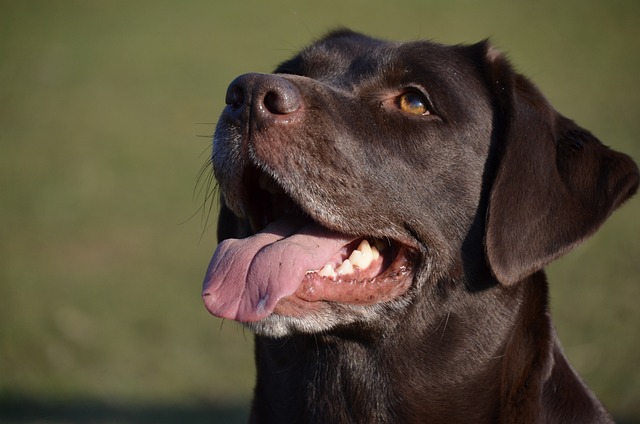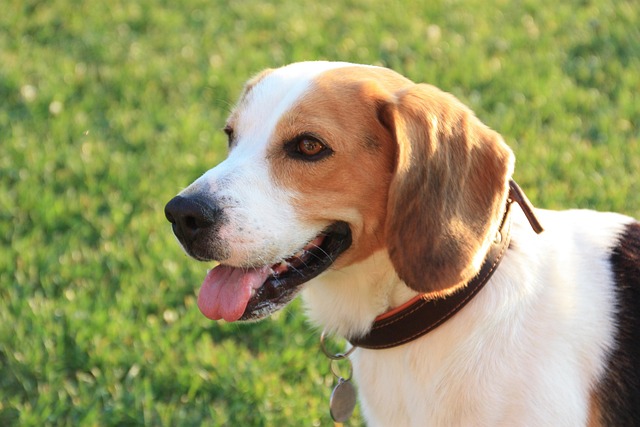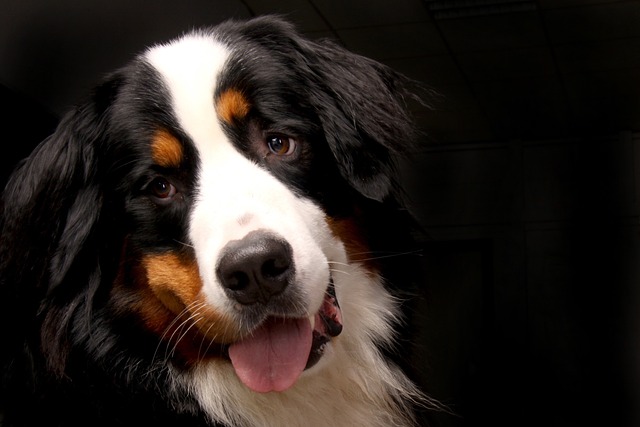
How to improve a dog’s coat condition
If you’re a new dog parent in the US—maybe you brought home a fluffy Golden Retriever puppy from a shelter in California or a sleek Greyhound from a breeder in New York
Let's address this head-on: if you suspect your dog has genuinely rotten teeth, there is no safe or effective way to treat this at home. Attempting to do so would be like trying to fix a cavity with mouthwash—it addresses none of the underlying pain or infection. Dental disease is painful and progressive; the bacteria from rotting teeth doesn't just stay in the mouth. It can enter the bloodstream, potentially damaging the heart, kidneys, and liver. This is why the most compassionate and responsible first step is always a veterinary exam. Modern veterinary care prioritizes your dog's comfort with safe anesthesia and pain management, a standard that reflects our evolving understanding of animal welfare and rejects the outdated idea that pets should silently endure dental pain.
So, what does professional treatment actually involve? Your veterinarian will perform a comprehensive oral health assessment under general anesthesia. This is non-negotiable for a proper diagnosis, as up to 60% of dental disease occurs below the gumline, invisible to the naked eye. Digital X-rays will reveal the extent of the damage to the tooth roots and jawbone. For rotten teeth, the only ethical treatment is extraction. While this sounds drastic, dogs adapt incredibly well and experience immediate relief once the source of chronic pain is gone. Your role at home is not treatment, but prevention and support after the procedure. Your vet will likely recommend a daily dental hygiene routine using a VOHC-accepted toothpaste and brush, dental chews, or a prescription dental diet to help maintain the health of the remaining teeth.

Committing to your dog's dental health is a key part of being a responsible community member. A dog free from chronic pain is a calmer, happier companion, less likely to react defensively if their sore mouth is accidentally touched—a crucial consideration in apartment living with close quarters and shared spaces. Furthermore, ensuring your dog is current on their rabies vaccination is a legal prerequisite in all U.S. states for any veterinary procedure involving anesthesia. And just as you responsibly manage your dog's health, remember your duties in public. Always have a supply of biodegradable bags to clean up immediately after your dog, a simple act that shows respect for your neighbors and shared environments. By choosing professional care over risky home remedies, you're not just addressing a dental issue—you're making a profound investment in your dog's overall well-being and upholding the highest standards of pet ownership.

If you’re a new dog parent in the US—maybe you brought home a fluffy Golden Retriever puppy from a shelter in California or a sleek Greyhound from a breeder in New York

If you’re a new dog parent in the US—maybe you brought home a floppy-eared Cocker Spaniel from a shelter in California or a cuddly Basset Hound from a breeder in Ohio

Dog owners often panic the first time they hear that harsh, honking cough—worried not just about their pup, but if they’re putting other dogs at risk.

If you’re a new dog parent in the US—maybe you brought home a bouncy Cocker Spaniel puppy from a shelter in Florida or a calm Basset Hound from a breeder in Ohio

If you’re a new dog parent in the US—maybe you just brought home a playful Lab puppy from a shelter in Texas or a cozy Shih Tzu from a breeder in New York

If you’re a new dog parent in the US—maybe you picked up your first pup from a shelter in Denver or a breeder in Florida—finding your dog with red